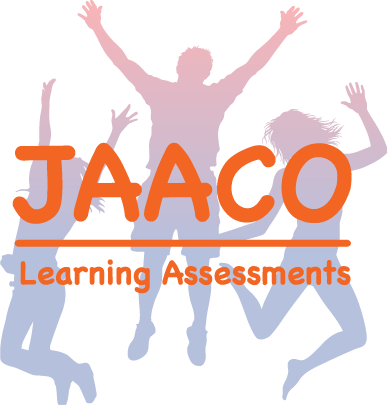The word unexpected is important when thinking about a SLD. A SLD refers to an unexpected difficulty. A difficulty that you would not expect based on intelligence, oral language ability or other academic skills.
A Specific learning disability disrupts the normal pattern of learning academic skills. It is a neurological difference that presents as a learning disability.
Symptoms
Specific learning disability is an ‘umbrella term’ for unexpected difficulty in reading, writing, arithmetic or mathematical reasoning. Symptoms may include inaccurate or slow and effortful reading, poor written expression that lacks clarity, difficulties remembering number facts, or inaccurate mathematical reasoning.
Causes
Although an SLD is not diagnosed until the student is in formal schooling, the risk factors for a specific learning difficulty exist from birth and tends to run in families. For example, about 40% of individuals with dyslexia also have a sibling with a reading disability and about 49% have a parent with reading difficulty. A special learning disability is not due to poor teaching and does not indicate low intelligence; it is a neurological disorder.
Learning problems happen because of the way the brain takes in and processes information. Brain imaging research indicates that specific learning disabilities are linked to differences in brain functioning. Dyslexia is linked to underactivity in the parieto-temporal (word analysis) and occipito-temporal regions (the word-from area) and over activation of Broca’s area (articulation). Less is known about the causes of dysgraphia and dyscalculia, however it is believed that both are linked to differences in the parietal lobe.
Although a specific learning disability shows up as problems in learning, it is not just about reading, writing and maths. The learning problem is linked to the way the brain receives and processes information. Many people with an SLD also have difficulty processing auditory or visual information, with working memory and speed of thinking.
A person with a specific learning disability can learn and can be successful. However learning is harder and requires specific help
Reading
Word reading accuracy
Reading rate or fluency
Reading comprehesion
Writing
Spelling accuracy
Grammar and punctuation accuracy
Clarity or organization of written expression
Mathematics
Number sense
Memorisation of number facts
Accurate math reasoning
Why Choose Us?
Jaaco can make a diagnosis of:
A specific learning disability with impairment in Reading.
A specific learning disability with impairment in Written Expression.
A specific learning disability with impairment in Mathematics.
When making a diagnosis the specific nature of the difficulty is specified e.g.
A specific learning disability with impairment in word reading and spelling accuracy.
A specific learning disability with impairment in reading comprehension.



